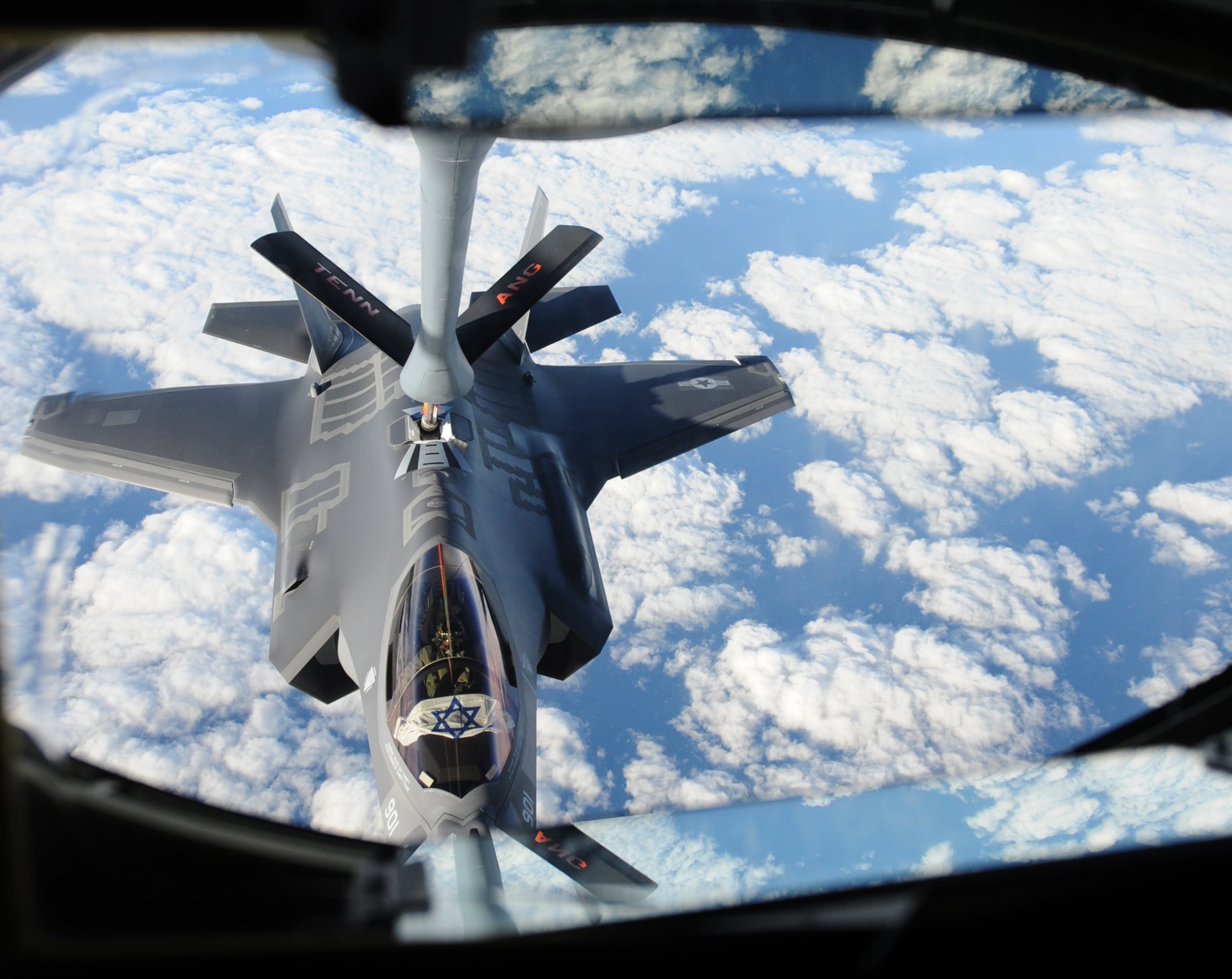WASHINGTON ― More Capitol Hill headwinds are greeting the Trump administration’s fast-moving sale of 50 F-35 Joint Strike Fighters to the United Arab Emirates, as Democrats on Friday introduced a new bill to curb the sale.
Following similar concerns and legislation from Senate Democrats, House Foreign Affairs Committee Chairman Eliot Engel, D-N.Y., introduced legislation with new hurdles for sales to Middle East countries outside of Israel. The legislation would apply to F-35s, aerial drones and electronic warfare aircraft.
“The Trump Administration has made it clear that they’ll put lethal weaponry in just about anyone’s hands without regard to potential loss of life so long as the check clears. So it’s up to Congress to consider the ramifications of allowing new partners to purchase the F-35 and other advanced systems.” Engel said in a statement. His bill has 10 Democratic co-sponsors.
The bill, if passed, would condition such sales on the recipient country signing a peace or normalization deal with Israel; protecting the weapon’s sensitive technology from theft or diversion and not violating international humanitarian law; and consulting the U.S. on their use. The weapons would have to be modified to ensure Israel can identify, locate and continually track them.
RELATED

Engel confirmed the U.S. State Department is backing the sale of as many as 50 Lockheed Martin F-35s to the UAE, a day after the lawmaker announced the Trump administration informally notified Congress of its plans. The news follows weeks of speculation and behind-the-scenes debates about how to structure an F-35 deal with the UAE without cutting into Israel’s qualitative military edge.
If the sale is permitted by Congress and if the Abu Dhabi opts to buy the full number of F-35A conventional-takeoff-and-landing variants covered by the deal, the UAE would have parity with Israel, which has 50 F-35 “Adir” jets under contract. Israel is currently considering buying 25 more. (The quantities and values of potential deals sent to Congress by the State Department for approval often change from initial estimates.)
But key Democratic lawmakers are continuing to urge a deliberate approach, citing concerns for the security of Israel and the warplane’s sensitive technology. New Jersey Sen. Bob Menendez, the top Democrat on the Senate Foreign Relations Committee, said the administration’s approach “does not add up.”
“Claiming Israel will maintain its edge while offering Abu Dhabi the same number of these sophisticated stealth warplanes as Israel simply does not add up,” Menendez said in a statement. “Recklessly accelerating the timeline around a reportedly artificial deadline precludes sufficient consideration of these issues by the national security professionals in the Departments of State and Defense.”
RELATED

Earlier this month, Menendez and Sen. Dianne Feinstein, D-Calif., introduced their own legislation to block the delivery of aircraft to Abu Dhabi unless the U.S. government meets criteria roughly akin to the requirements in Engel’s proposed bill.
Menendez and Senate Armed Services Committee ranking member Sen. Jack Reed, D-R.I., sent a long list of detailed questions to Secretary of State Mike Pompeo and Defense Secretary Mark Esper, expressing their concern that the internal process is being rushed. Two weeks later, Menendez said the questions hadn’t been answered.
“The Trump administration’s refusal to answer our questions about how the national security interests of both the U.S. and Israel will be served, or undermined, by such a sale is a surefire way not to get congressional support to move forward with this sale,” he said.
Joe Gould was the senior Pentagon reporter for Defense News, covering the intersection of national security policy, politics and the defense industry. He had previously served as Congress reporter.







